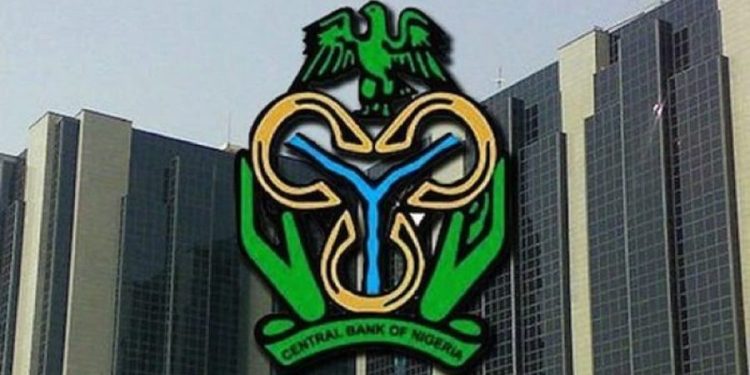

The Central Bank of Nigeria (CBN) recently released the list of 28 companies that were beneficiaries of N23.2 billion from the first cycle of the 100 for 100 Policy on Production and Productivity (PPP).
What most applications should bear in mind is the apex bank the maximum loan limit under the initiative is N5 billion. However, applications above N5 billion may be considered subject to the approval of CBN.
This scheme which started on November 1, 2021, will select 100 private sector companies with projects that have the potential to significantly boost local productivity and the foreign exchange generating capacity of Nigeria.
The initiative, which will be bank-led, will be rolled over every 100 days (quarterly) and a new set of companies will be selected for financing under the initiative.
Nigerian entrepreneurs wishing to get funding for their existing businesses or start-ups can apply for the loan and if their business aligns with the CBN’s objective to stimulate the economy
Manufacturing, agribusiness and agro-processing, extractive industries, petro-chemicals and renewables, healthcare and pharmaceuticals, logistics services and trade-related infrastructure, and other activities as prescribed by the CBN are all included in the project.
Existing projects will be the focal activities under the initiatives, although the CBN may explore new projects as well.
The initiative will be funded through the CBN’s Real Sector Support Facility-Differential Cash Reserve Requirement (RSFF-DCRR) window or any other window that the Bank determines.
Long-term loans for equipment and machinery procurement, as well as working capital loans, will be part of the 100 for 100 PPP intervention. The initiative’s maximum lending ceiling is N5 billion. CBN approval is required for applications worth more than N5 billion.
Term loans must have a maximum tenor of 10 years, depending on the project’s complexity, and must be paid off by December 31, 2031. The working capital arrangement will have a one-year term with the option to roll it over for up to three years. A two-year moratorium will apply to term loans.
The interest rate shall not exceed 5% per annum (all-inclusive) up to 28th February 2022. Afterwards, interest on the facility shall revert to 9% per annum (all-inclusive) effective from March 1, 2022.
Collateral acceptable under the CBN’s Real Sector Support Facility applies to the 100 for 100 PPP initiative.
The monthly interest on the facility shall be amortized and transferred quarterly with principal repayments to the CBN.
Interested companies are to submit their applications to participating financial instruments (commercial banks) with requisite documentation, which include:
The Economic and Financial Crimes Commission (EFCC) has arraigned the suspended Special Adviser to the…
The hope of the Idoma people for the long-awaited creation of Apa State from Benue…
The Benue State Government has restated its commitment to tackling insecurity through strategic actions and…
The European Union has committed €1.5 million to support victims of the recent crisis in…
The Benue State House of Assembly has initiated a thorough investigation into all ongoing state…
Suspended Special Adviser to the Benue State Governor on Documentation, Research, and Planning, Dr. Aondona…